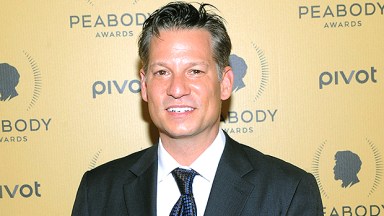
Henry Engel, the six-year-old son of NBC News’ Richard Engel, has sadly succumbed to a rare, genetic brain disorder. Richard announced Henry’s death with a post on Twitter on Aug. 18. “Our beloved son Henry passed away,” Richard wrote. “He had the softest blue eyes, an easy smile and a contagious giggle. We always surrounded him with love and he returned it and so much more.” The note was signed by Richard and his wife, Mary, who he married in 2015.
Our beloved son Henry passed away. He had the softest blue eyes, an easy smile and a contagious giggle. We always surrounded him with love and he returned it, and so much more. Mary and Richard. https://t.co/M8LV8SHv6r pic.twitter.com/21Ja6TOtjH
— Richard Engel (@RichardEngel) August 18, 2022
Henry was born with Rett syndrome, which is an incurable brain disorder. In a second tweet, Richard added, “Researchers are making amazing progress using Henry’s cells to help cure Rett syndrome so others don’t have to endure this terrible disease.”
The journalist also included a link to a memorial page for Henry, which told more about his life and condition. The memorial page revealed that Henry actually passed away on Aug. 9, although Richard and Mary opted to keep the news private until now. It also shared Henry’s story, including how his parents noticed he wasn’t reaching his developmental milestones as an infant, which is what led them to start getting him medically tested.
The page explained that Rett syndrome is “a disorder that typically affects girls after their first birthday, robbing them of learned skills and leaving them with cognitive deficits, loss of speech and a variety of other motor difficulties.” The page also includes a place for viewers to donate to research for this incurable illness.
“Henry made the best of every single day and worked tirelessly in his many physical and developmental therapies,” the page continued. “He continues to be an inspiration for Dr. Zoghbi and her team as they work to find effective treatments for Rett syndrome and they already are making significant progress with Henry’s own cells.”


